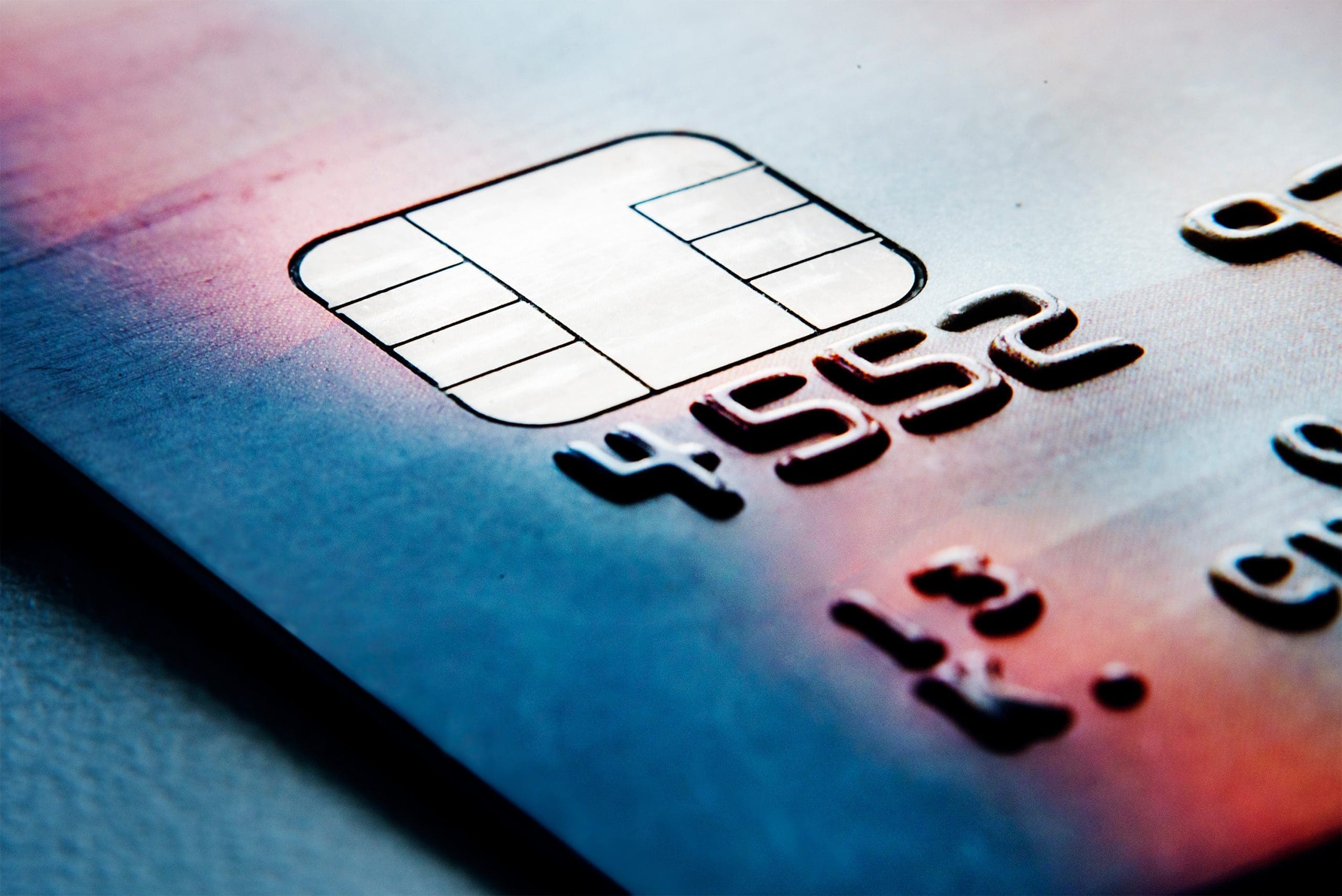Has someone failed to pay money that is owed to you?
Here is what you could do;
- You attempt to communicate with the debtor in order to understand why the debt has not been paid.
- You send an email letting the debtor know that you would initiate legal proceedings.
- Even after giving the debtor sufficient time, the debtor has not paid the money owed to you then you proceed to contact a law firm and instruct them to proceed further
- The law firm will then issue a “Letter of Demand” advising the debtor that legal proceedings will commence if the debt is not paid within a given time limit.
- If the debt is not further paid, then, we need to determine the jurisdiction in which you need to commence proceedings. The Local Court determines matters where the money owed is not more than $100,000. The Local Court has two divisions,
- The Small Claims Division which hears claims upto 10,000;
- The General Division which hears claims over $10,000 only upto $100,000.
- The District Court can hear matters up to $750,000 and the Supreme Court determines debt recovery matter of higher amounts. Each court has their own specific procedures and court rules that apply.
- To commence legal proceedings, a Statement of Claim is to be filed and served on the debtor.
- The debtor has to file a Defence within 28 days of the date of service of Statement of Claim.
- In the event a Defence is not filed by the Debtor within 28 days, a ‘Default Judgement’ can be entered against the debtor.
- If a Defence is filed then the matter may be listed for a Pre-trial review or Callover in Local court and an attempt is made to resolve the matter between parties, before the matter is listed for a hearing.
- If the matter is still not resolved and the matter is listed for Hearing a timetable will be set for the filing of evidence, affidavits, expert reports etc.
- And then a Judgement will be made by an Assesor or an Arbitrator or a Judge after scrutiny of the Affidavits, evidences filed, expert reports etc.
- Unfortunately, in some circumstances even when Judgment has been obtained the Defendant may refuse to pay.
- You should send the Judgment Debtor an Examination Notice Form to complete and provide you the same, along with any documents to be able to ascertain the debtor’s ability to pay. Then you may be able to get the sheriff to seize and sell.
- If they fail to return the completed form and documents, you can have the matter set down for an Examination Hearing by filing and serving an Examination Order.
- If the Judgment Debtor fails to attend, then a warrant can be issued for their arrest.
- You then also have the option to commence Bankruptcy or Winding up proceedings depending on the size of your debt amount and who your debtor is.
If Freedman and Gopalan can be of any assistance, please do not hesitate to contact us on 02 8917 8700, or by filling out the enquiry form on this page.

